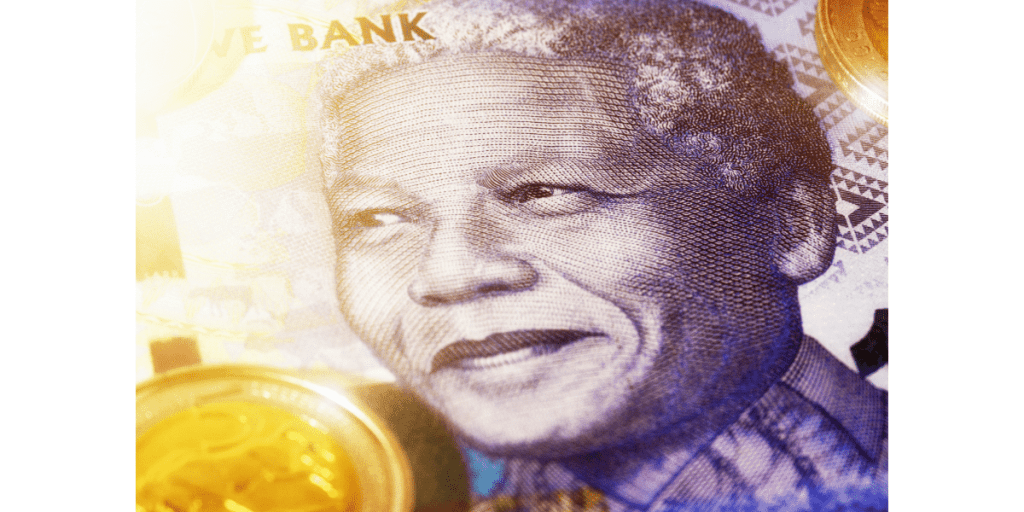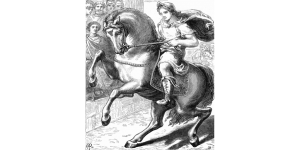Nelson Mandela was a South African anti-apartheid revolutionary, political leader, and philanthropist who served as President of South Africa from 1994 to 1999. He is widely regarded as one of the most influential leaders of the 20th century, and his leadership skills played a crucial role in the peaceful transition of South Africa from apartheid to a multi-racial democracy. In this blog post, we will explore Mandela’s top leadership skills and how they contributed to his success.

Vision
One of the most important leadership skills that Mandela possessed was vision. He had a clear idea of what he wanted to achieve, which was to end apartheid and build a new South Africa based on democracy, equality, and human rights. He was able to communicate this vision effectively to the South African people and the world, which inspired them to support him in his struggle against apartheid. Mandela’s vision was not just about political freedom; it was also about social justice and reconciliation.
Courage
Mandela was a fearless leader who was not afraid to stand up for what he believed in. He was willing to take risks and face the consequences of his actions. He was known to be a man of great physical and moral courage, and he would often defy the authorities in his struggle against apartheid. His courage inspired millions of South Africans to follow him and fight for their rights.
Empathy
Another important leadership skill that Mandela possessed was empathy. He was a compassionate leader who cared about the welfare of his people. He was always willing to listen to their concerns and take their feedback into account. He was known to be a great listener, and he would spend hours talking to people from all walks of life. His empathy helped him to connect with his people and build a strong bond of trust and respect.
Communication
Mandela was an excellent communicator who could connect with his people and inspire them to give their best. He was able to articulate his ideas clearly, which helped his people to understand his vision and goals. He was also known to be a great orator, and his speeches would inspire his people to fight for their rights. His communication skills helped him to build a mass movement that would eventually lead to the end of apartheid.
Decisiveness
Mandela was a decisive leader who was not afraid of making tough decisions. He knew how to weigh the risks and benefits of different options and was able to make quick decisions, which helped him to stay ahead of his opponents. For example, when he was released from prison in 1990, he made the tough decision to negotiate with the apartheid government, which eventually led to the peaceful transition of South Africa to a multi-racial democracy. This decision was not popular with many of his followers, but it was the right one, and it eventually led to the end of apartheid.
Forgiveness
Another important leadership skill that Mandela possessed was forgiveness. He understood that reconciliation was necessary for South Africa to move forward, and he was willing to forgive those who had oppressed him and his people. He was able to put aside his personal feelings and work towards a better future for South Africa. His forgiveness inspired his people to do the same, and it helped to heal the wounds of apartheid.
Patience
Finally, Mandela was a leader who had patience. He understood that change takes time, and he was willing to wait for the right moment to make his move. He was able to endure years of imprisonment and persecution without losing hope or faith. His patience inspired his people to be patient as well, and it helped them to endure the hardships of the struggle against apartheid.
In conclusion, Nelson Mandela was a great leader who possessed a unique combination of vision, courage, empathy, communication, decisiveness, forgiveness, and patience










